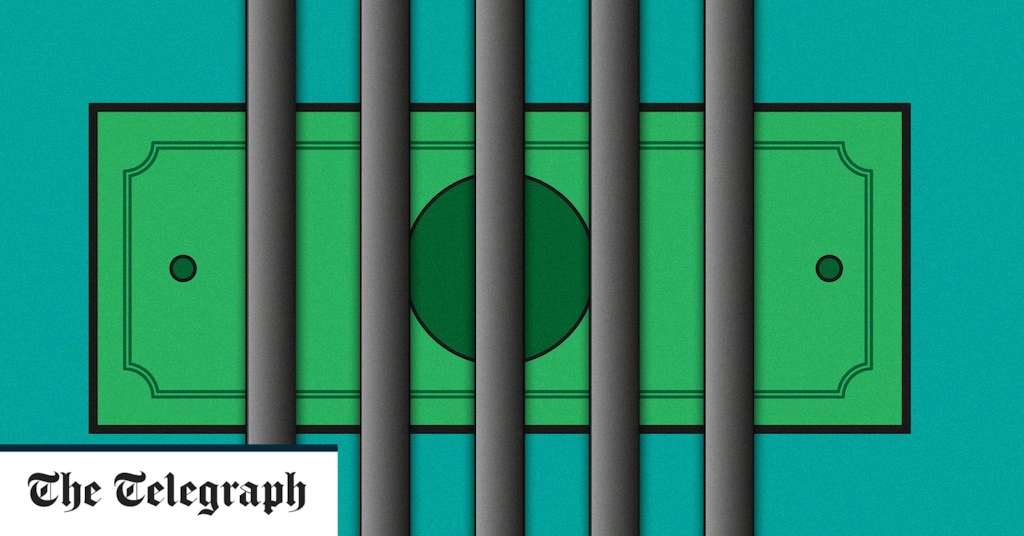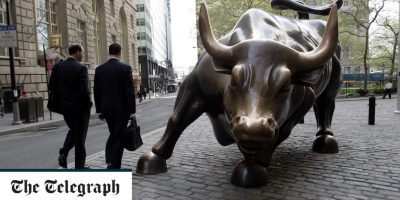Savers who want to ditch defined benefit pensions as their employers struggle to survive may find themselves trapped by trustees using emergency powers to halt transfers.
Businesses facing financial hardship have been the first to see trustees of their staff pension funds block members from moving their cash for three months during the pandemic.
This stops anyone wanting to transfer out of defined benefit pensions, which pay a guaranteed income in retirement, into more flexible but riskier “defined contribution” funds.
The list of those who have already closed the transfer window for all members includes British Airways, Jaguar Land Rover, Tesco, JC Belford, Stanley Black & Decker and Wincanton.
The Pensions Regulator adapted the rules to allow trustees to suspend transfers for up to three months to the end of June if it is in the "best interests" of their members.
The regulator was prompted by concerns that "transfer values" were at risk of being inaccurate during the coronavirus-driven market turmoil and that some employers are facing “challenging times”.
A spokesperson for The Pensions Regulator said: “This isn’t a blanket pause and where trustees are able they should continue to provide transfer quotations as normal.”
Many businesses with large legacy pension schemes have been teetering on the edge of financial disaster, including several airlines, which have been fighting for survival. British Airways’ final salary pension scheme has 23,250 members in 2019 with assets of £7.9bn.
Thousands of other businesses across the country could face closure over the coming months if economists’ modelling of the scale of the downturn is accurate.
Final salary pensions | Is it a good idea to transfer out?
The good news for employees in these schemes – which are largely closed to new members – is that there are strong protections in place.
The Pension Protection fund (PPF) acts as a safety net for pension savers by guaranteeing to pay their pensions if their employer fails.
However, if the member is under the pension age or retired early then they will receive 90pc of what they were promised. This is currently subject to a cap of £41,461 per year at age 65.
Accordingly, those with a large pension are most at risk. In all cases, you will at least receive 10pc less from your pension every year for the rest of your life if your company scheme falls into the PPF.
James Baxter of Tideway Investment, which advises savers on pension transfers, said pilots from British Airways are likely to be in a situation where they would lose out from not transferring out of their scheme in the event of a collapse.
Mr Baxter said pension transfers have been developed a poor reputation but that there are cases in which members would be better off by flexibly accessing their pot.
He said: “The FCA has to be careful about saying DB schemes are risk free. That might be the case for some but clearly not for all and now some people are trapped.”
The British Steel scandal – in which former steelworkers were encouraged to give up gold-plated schemes by rogue advisers – has coloured public opinion and pushed regulators into action.
Jon Greer, of investment group Quilter, said trustees will have to ensure they have valid reasons for pausing valuations.
Guidance issued by the regulator said reasons may include continuing significant financial market uncertainty, lack of liquidity or administrative constraints.
Those who want to transfer their pension out of a DB scheme should get financial advice and request a reason for the suspension, Mr Greer said. You must take advice if transferring a pension worth £30,000 or more.
Ask Kate a question | The Telegraph’s pensions doctor
Francois Barker of Eversheds Sutherland, a law firm, said there is no incentive for businesses to halt transfers, as it generally costs less to pay out a transfer than keep a member on the scheme.
The decision is made by trustees alone, who must act in the best interest of the members.
Fewer savers have made transfers since the outbreak of coronavirus, according to figures from consultant XPS Pension Group.
The number of transfers hit the lowest levels in years and is a third lower than the levels seen through most of last year.
One in four schemes monitored by the consultant have acted on the regulator’s rules change to suspend transfers.
Mark Barlow, of XPS Pension Group: “We may see a rebound in activity as we emerge from lockdown, although the fall in members requesting transfer quotes in recent months means that this will take some time to materialise.”
























Comments